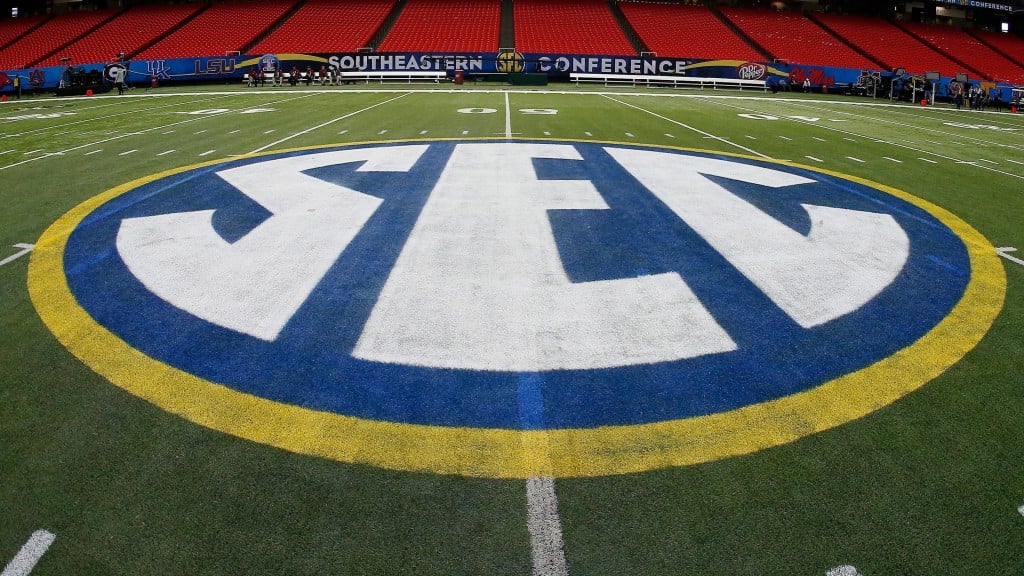Mississippi Gov. Phil Bryant will be the speaker at Friday’s commencement exercises at Mississippi University for Women.
In one sense, it is perfectly understandable The W would invite the governor, Mississippi’s top elected official, to speak.
Yet, in another sense, the choice of this particular governor is unfortunate.
In his time in office, Bryant has not proven to be a friend of the typical college student, if such a thing can be judged by his policies and stated intentions.
As our economy has started to recover, the state has found itself with a little more breathing room, financially. Last year, the state was able to replenish its $400 million “rainy day,” fund and with a conservative estimate of 3-percent growth in the coming year, the Governor has stated his intentions as to what could be done with that additional revenue.
There are a number of likely options, among them restoring the budgets of state agencies to their pre-recession levels, funneling more money into our decaying roads/bridges, adequately funding K-12 education or restoring funding for higher education.
In the budget plan he announced last month, Bryant addressed some of these issues with very modest increases — he is like the “other” insurance agent in a popular TV commercial (“I gotcha a dollar…oh, you gotta be quicker than that!”). Instead of addressing those issues in a meaningful way, Bryant has targeted a healthy share of the projected increase in revenue for a $78.7 million tax credit for families earning less than $50,000 a year.
Given the dire needs in Mississippi, Bryant’s tax credit proposal is an irresponsible, naked appeal to our worst instincts: small personal gain at the expense of the greater good.
Probably no other group in our state is more adversely affected by Bryant’s plan than the students who will graduate Friday at MUW and the graduates of our other colleges and universities.
Today, the typical college graduate leaves with a diploma and a large bill to pay.
In 2000, the state provided $6,000 per year for each full-time college student to cover the costs of college. By 2014, that amount had dwindled to roughly $3,800, even as tuition costs rose steadily over that time. Universities save where they can, but given that sort of funding deficit, they are forced to pass on much more of the cost to the student.
Today, the average college graduate in Mississippi will owe close to $30,000 in student debt upon earning that undergraduate degree.
MUW will raise tuition by 2.5 percent for its students next year, its first tuition increase in three years. At Mississippi State and Ole Miss, the increase will be 5 percent. Delta State is dropping programs to meet its budget.
The state’s commitment to provide an affordable college education for its young people is quickly becoming a myth, something that has serious economic consequences for all of us.
A graduate who is faced the stark reality of a student-loan payment of $300 or $400 per month is not likely to be in a position to pump much money back into the local economy. Instead of buying a car or shopping in our stores or buying that first home, he is compelled to devote much of his disposable income to repaying those student loans.
It would be no surprise if Bryant uses part of his speech Friday to encourage MUW graduates to stay here in Mississippi as they begin their careers.
But is it a reasonable expectation for that student to stay in the state where wages are typically lower than in other states, especially when he is faced with repaying tens of thousands of dollars in student loans? Is it any wonder that many of our graduates grab the first thing smokin’ out of the state?
In lean economic times, withholding funding can be viewed as a unfortunate necessity. But in times of plenty, the failure to address those serious shortfalls is a sign of cold, calculated indifference.
The state college board says it needs an additional $76.5 million in state funding, which, interestingly, is about the same amount as Bryant’s proposed tax credit.
Restoring funding for higher education, which would in turn reduce the crippling student loan burden for our “brightest and best,” and produce a positive effect on our economy would be an excellent choice.
But, sadly, it is a choice that Gov. Bryant will not even contemplate.
So, while Bryant congratulates the MUW graduates Friday, don’t be surprised if they are a bit preoccupied with wondering how they’re going to pay for that education.
Clearly, they can expect no help from their commencement speaker on that front.
Slim Smith is a columnist and feature writer for The Dispatch. His email address is [email protected].
You can help your community
Quality, in-depth journalism is essential to a healthy community. The Dispatch brings you the most complete reporting and insightful commentary in the Golden Triangle, but we need your help to continue our efforts. In the past week, our reporters have posted 49 articles to cdispatch.com. Please consider subscribing to our website for only $2.30 per week to help support local journalism and our community.



